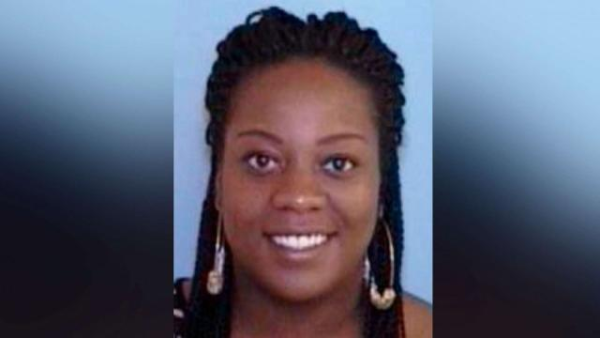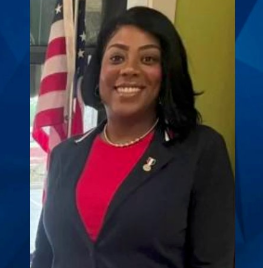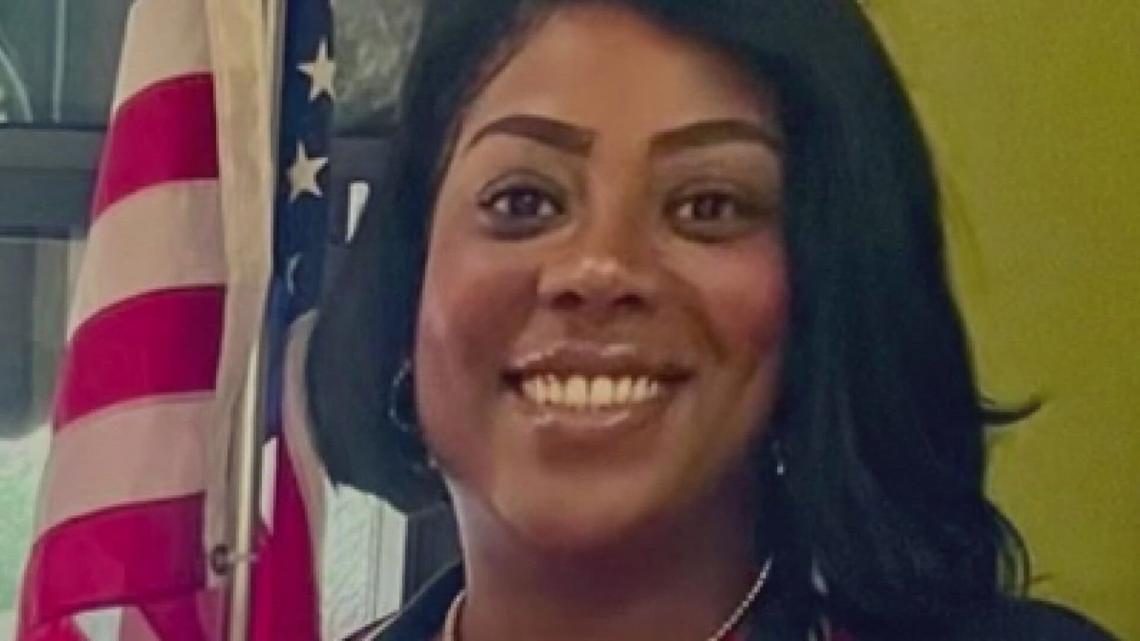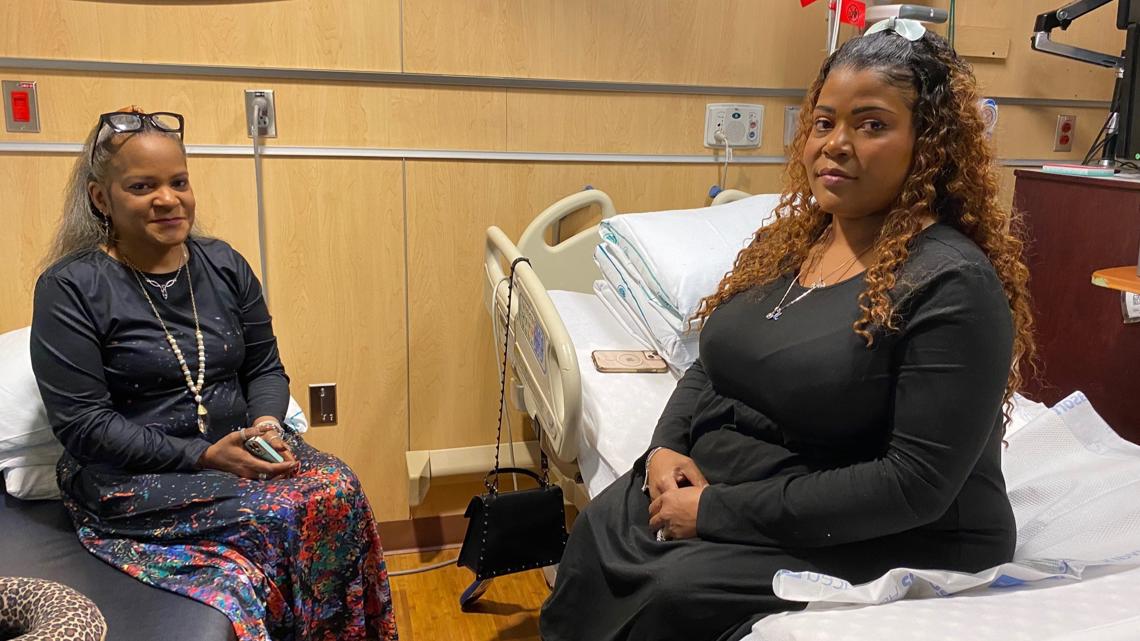"If you can think of it, we’ve been doing it,” said CMPD Capt. Joel McNelly.

www.wsoctv.com
CMPD speaks about investigation for the first time since Allisha Watts vanished
For the first time since
Allisha Watts disappeared more than three weeks ago, the Charlotte-Mecklenburg Police Department is talking about its investigation and efforts to bring her home.
The captain of the Violent Crimes Division revealed that
as of right now, they don’t know where Watts’ boyfriend is.
Channel 9 has meticulously dug into her
boyfriend’s past, heard from
frustrated loved ones, and
questioned CMPD on numerous occasions about their search for Watts, but to no avail.
That’s until Wednesday afternoon, when CMPD Capt. Joel McNelly sat down with Channel 9’s Genevieve Curtis.
Investigators told Curtis they do not know if Allisha Watts is alive. They said
they have some evidence that at some point between July 16, when she was last seen, and the 18, when her car was found, she left on her own.
“Yeah, yeah. There’s evidence to suggest at some point, yeah, that she left on her own,” McNelly said. “I can’t get into the details, so that’s kind of difficult. It’s kind of a difficult question to answer. But I can say that at some point when we know her movements, yes, she’s moving on her own.”
Her boyfriend, James Dunmore, has a history of domestic violence and served time in prison for kidnapping. Curtis asked police if they are looking into him.
“Is her boyfriend, James Dunmore, a suspect or a person of interest in this -- in her disappearance?” she asked.
“You know, person of interest is kind of a -- it’s a loose term show to somebody you’re interested in. Mr. Dunmore is someone that we are interested in and have tried to talk to,” Capt. McNelly said. “I think it’s been widely reported that he was transported for a medical issue. I’m not allowed to say what I know about anybody’s medical issues. But I can say emphatically that that has been a piece of this puzzle that we have considered very, very deeply.”
“Has he been cooperative in the attempts to try to talk to him?” Curtis asked.
“Due to the medical issues, we have not been able to successfully talk to him,” McNelly said.
“OK, and do you know where he is currently?”
“I do not know where he is right this second, I do not know,” McNelly said.
He also spoke to frustrations from some family members and community groups regarding the urgency and resources on this case.
“I’m sorry to those people that feel like that we haven’t communicated directly or that clearly,” McNelly said. “But I can rest well knowing -- and our entire chain of command can rest well -- knowing that quite literally every single thing if you can think of it, we’ve been doing it.”
At another point in the interview, Curtis asked if Watts is believed to be alive.
“In the evidence that you’ve collected and so far through this investigation, do you have any evidence to suggest that she isn’t alive?” Curtis asked. “Is this a homicide investigation in any manner?”
“It’s not a homicide investigation right now,” McNelly said. “Obviously if we knew that she was deceased, it would become a homicide investigation. We don’t know at this time right now whether she is alive or not. Of course we hope she is, we hope with the family. We hope, with all the people who show up here, we always want to find somebody alive. We don’t want it to turn into a homicide investigation. However, we would be remiss if we didn’t think ahead to every kind of possibility.”
Curtis had more specific questions on the resources being used or not used in this case, but that’s when a spokesperson cut off the interview saying they were out of time. McNelly did say they are working hard to find Watts.
“This case has taken a super super high priority and has taken up vastly more -- hundreds of times more -- man hours and attention since it started, before anybody else outside said anything about it,” McNelly said.
In a written response, Curtis learned CMPD does not believe Watts was abducted and that’s why no statewide alert was issued. Investigators did not enter her into a national database for missing people because CMPD chooses to use that for cases where leads have been exhausted and “they aren’t there yet.”





/cloudfront-us-east-1.images.arcpublishing.com/gray/LJCVRJ2IM5BFFNJ5GHM6TTOXA4.jpg)
:quality(70)/cloudfront-us-east-1.images.arcpublishing.com/cmg/HVHOXH3FEVCAJH7XJYFE5J6V7U.jpeg)

:quality(70)/cloudfront-us-east-1.images.arcpublishing.com/cmg/MZ3GL6GV5JASVM3DVJBRP7ZOZA.png)





:quality(70)/cloudfront-us-east-1.images.arcpublishing.com/cmg/PEJPTOVHKZE5PAS56ERBIBXACY.png)
:quality(70)/cloudfront-us-east-1.images.arcpublishing.com/cmg/AQTEL6MXXVANXCZMJQKKJ4AF5E.png)
/cloudfront-us-east-1.images.arcpublishing.com/gray/EKXVA4FJG5E6LIPD26YNAXNG6U.jpg)
